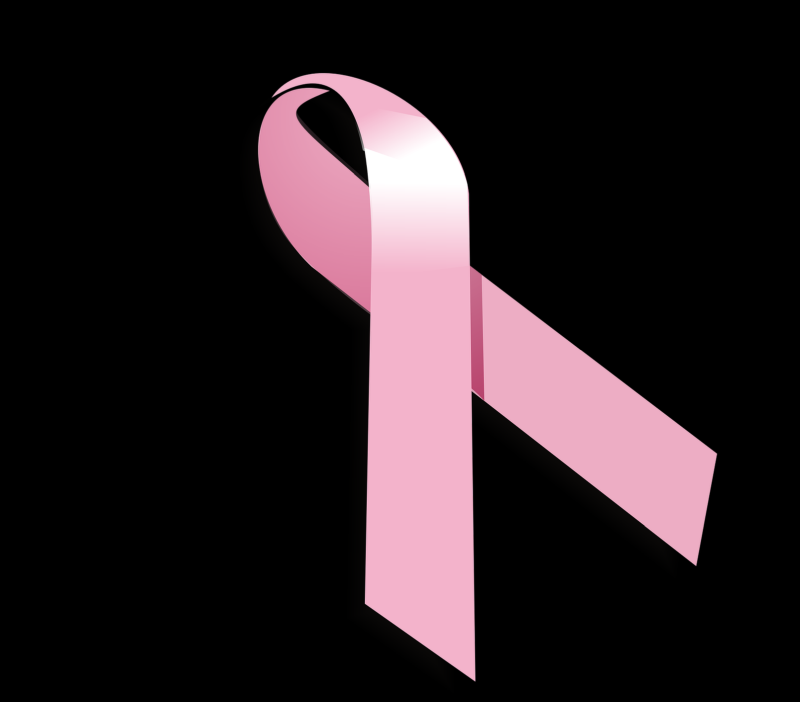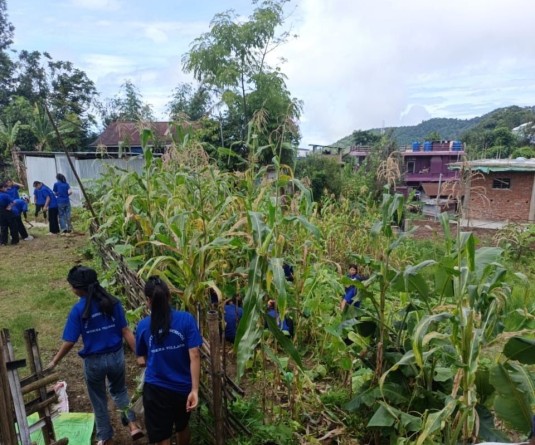
FPA India, Nagaland Branch organizes webinar on ‘Breast Cancer’
Kohima, September 9 (MExN): The Family Planning Association of India, Nagaland Branch organized a webinar on the topic ‘Breast Cancer’ with Dr Noune Terhase, Consultant Obstetrics and Gynecologist as the resource person.
Dr Terhase emphasized on breast self-examination which is an important way to find a breast cancer early, when it’s more likely to be treated successfully.
“Every woman after reaching the age of 40 years should go for breast screening as recommended by American Council Society,” Dr Terhase stated.
She added that mammography is the only screening method that has been proven to decrease the mortality of breast cancer. She also mentioned the treatments available for breast cancer.
She stated that breast cancer is a cancer that forms in the cells of the breasts. “The exact cause of breast cancer remains unclear but there are many risk factors. Breast cancer can occur in both men and women, but it is far more common in women,” she said.
She further shared that the risk factor of breast cancer includes age, genetics, family history of breast cancer, radiation for some diseases or tumors, personal history of cancer, early onset of menstruation and late menopause, child birth at late age, long term use of oral contraceptive, consuming alcohol and smoking, overweight or obesity.
Breast feeding is very productive and reduces the risk for breast cancer, he added.
She also mentioned that the early symptoms includes develop of lumps or swelling in the breast or armpits, dimple in the breast, a nipple that has changed position or an inverted nipple (pushed inward instead of sticking out), pain on chest and breast.
Breast cancer is divided into 5 stages and if the cancer is detected in early stages, there is good survival rate but the in advance stage (stage 4), the survival rate is only 10/20.
She then explained the triple test for breast cancer, referring it to as three diagnostic components: Medical history and clinical breast examination, Imaging – Mammography and/or ultrasound (+/-MRI) Non-Excisional Biopsy – Fine Needle Aspiration Cytology (FNAC) and/or core biopsy. This is when a sample of cells or tissue is extracted from the lump.
This triple test completes the diagnosis of breast cancer.
In her concluding remarks, Dr Terhase mentioned some guidelines to prevent breast cancers such as regular exercise, healthy diet, not to use hormonal pills for more than 10 years, avoiding intake of alcohol and smoking, avoiding unnecessary exposure to radiation, etc.
She encouraged breast screening which she said, was the key for early detection of breast abnormalities.






